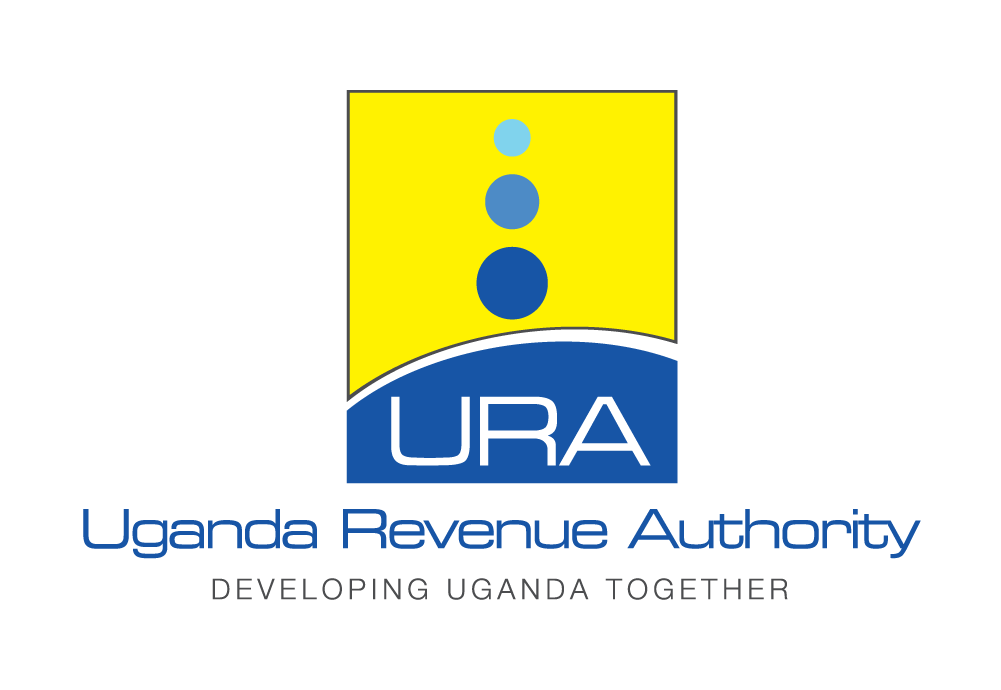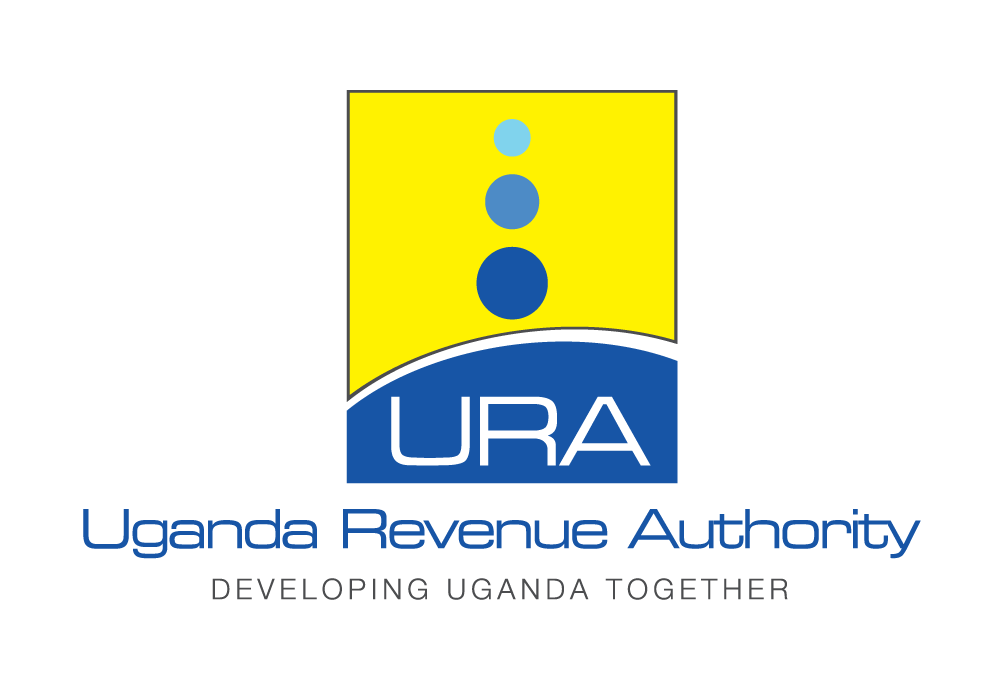- Home
- EFRIS
EFRIS
EFRIS in full is Electronic Fiscal Receipting and Invoicing Solution.
EFRIS entails the use of Electronic Fiscal Devices (EFDs), e-Invoicing, or direct communication with business transaction systems to manage the issuance of e-receipts and e-invoices in accordance with the Tax Procedures Code Act 2014.
Once a transaction is initiated using any of the solution’s components, transaction details are transmitted to URA in real time to generate e-receipts and e-invoices.
Section 73A of the Tax Procedures code 2014, provides the legal framework for implementing EFRIS. The provision provides for the commissioner to specify by a notice in the Gazette, taxpayers for whom it shall be mandatory to use EFRIS under the various business models i.e. Business to Business (B2B), Business to Government (B2G), Business to Consumer (B2C) in Uganda to issue e-receipts or e-invoices.
It is mandatory for all VAT registered tax payers to enroll on the system.
However, those outside this category are advised to implement EFRIS and take advantage of the various benefits.
To register for EFRIS, one needs a TIN and password to the TIN. To register an EFRIS account, you will be required to put in your TIN and password. An OTP (one-time password) is sent to the user’s active email address or telephone number. To register for EFRIS;
Step 1: The taxpayer accesses the EFRIS link on the web portal https://www.ura.go.ug and then logs in using their portal credentials. A one-time password (OTP) is then sent to their email or phone number as selected which the taxpayer inputs and gets access to the EFRIS homepage.
Step 2: The taxpayer then selects “First time registration” followed by specification of whether to use e-invoicing and or EFDs, additional places of business (if any) after which the application is submitted to URA for approval.
Step 3: Once the taxpayer’s application is approved by URA, they are then able to use e-invoicing and or EFDs.
NB: In addition to completing the system to system connection, accessing the URA web portal or installing the Desktop client app on your device such as computer or smart phone, you must have power, a TIN, and Password to authenticate yourself, and be connected to the internet. For system to system connection clients set up an API connection with URA to secure the connection.
This is an electronic document that shows a sale has occurred through EFRIS and is ONLY issued by a taxpayer who is registered for VAT.
This is an electronic document that shows a sale has occurred through EFRIS and is issued by a taxpayer who is not registered for VAT.
The key features include the following;
- the fiscal document number (receipt or invoice number),
- a verification code,
- a quick response (QR) code, etc.
- Helps to fast track the refund claims since the information is already available in the system.
- Enables URA avail taxpayers with prefilled tax returns in future to minimize delays and costs involved in filling tax returns.
- Prefilled tax returns will help taxpayers avoid penalties for late or non-filing
- Taxpayers will be in position to track and validate business transactions in real time for efficient business management. (Proper bookkeeping and sales management)
- The solution eliminates the risk of physical loss of tax invoices as transactional data or copies are digitally stored in the system
- Fair assessments of taxpayers’ tax positions which reduce unfair competition in business.



